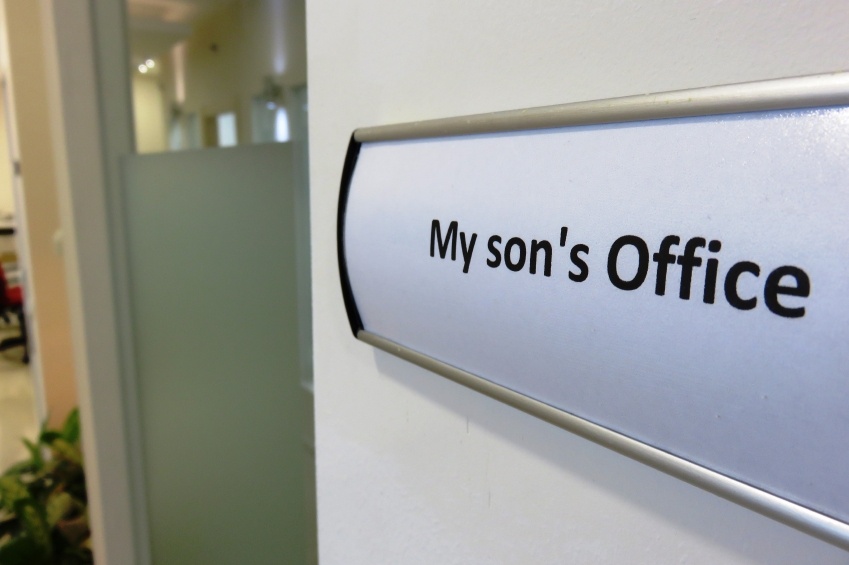Never hire family or friends…whoever listens to this advice?
In the working world it is often stated that it is not what you know, but who you know. And for many of us a quick reflection of our career paths will reveal that our journey has in fact been influenced by our connections. Yet when those connections result in family members and friends working alongside one another, a new working challenge can arise…nepotism. How you manage the perception of favouritism and prejudice will dictate the success of the working relationship.
There are a number of scenarios that bring mates and family members together in the workplace. Business owners and managers instinctively reach out to those they are familiar with and trust, particularly in the establishment phase of business. And we’re all happy to help out those that we care about. It is these emotional connections that can see the working relationship prove extremely positive for business.
Prior to employing family and friends you will generally have a strong sense of their work ethic and reliability. You will probably even have an awareness of how well the two of you will work together as you will be quite conscious of each other’s strengths and weaknesses. And the increased loyalty and commitment can see these workers going the extra mile as they have a vested interest in your success. It is always comforting too to be able to have a confidante close by that you can discuss business with and entrust with confidential information. Yet as with every positive, there is a flip side.
Some family and friends find it impossible to separate their personal and professional lives. And when last night’s argument is integrated into the working environment, tensions can rise and a very uncomfortable situation is created for all. Adjudicating such a situation can also be very difficult, particularly if you’re the one responsible for hiring the family members, but even more awkward is disciplining or terminating your own family or mates. Indiscretions too will automatically raise questions around the employee’s assumption that they’re naturally granted special privileges because of their personal relationship with you. This lack of respect can also cause co-workers’ to feel resentment as they see the existence of two sets of rules. Family and friends of the boss can also feel the existence of two rule books as they may perceive that they have to work harder and longer because of their pre-existing relationship with their employer.
The key to eradicating many actual or perceived challenges when family and friends work together is in the hiring process. If you assess all applicants equally by measuring their skills and abilities against the job description, you can confidently hire, or not hire, on the needs of the business. And if your brother-in-law does not have the right qualifications, it is much easier to decline their job application based on this assessment. Fairness and transparency at this stage will set the precedence for all working situations moving forward including absenteeism, annual leave and internal promotions. In the event that spouses are working in your business, it is wise to ensure they undertake roles in separate divisions within the organisation. It is also pertinent to consider the impact on the business when they undoubtedly take a family vacation together.
The dynamic undercurrents of family and friends working alongside one another isn’t just experienced by those who share a bond outside the working environment, the challenges are felt by all employees. Yet those challenges are only amplified if boundaries are not clearly defined before appointing your mate or your mother. And be aware too that if a working relationship with your relative or friend is poorly managed, the result of failure can affect your life beyond that of your business. Yet managed well, the relationship can prove very fruitful for business for many, many years. Yet as with any business decision, you need to give the prospect of bringing on board your family or friends a lot of consideration. Bottom line though, the same standards exist for all and neither party can confuse a professional relationship with a personal one.








